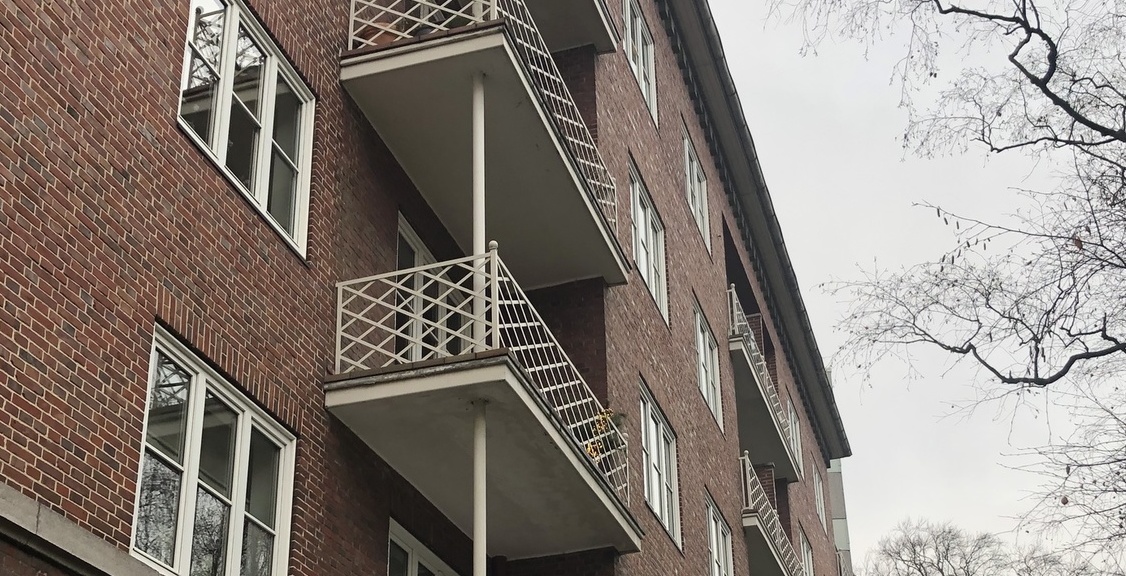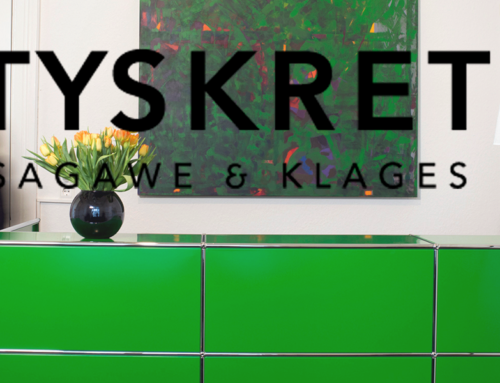The German property industry is undergoing a dynamic process of change in view of the significant changes in the global situation. The fight against climate change can no longer be delayed. A smooth transformation from fossil to renewable is therefore required. Global trouble spots have caused inflation to rise, resulting in significant increases in interest rates. This has brought the boom years of the property industry to an abrupt end. The actual demand for housing cannot be met at present.
Against this backdrop, there are numerous legislative changes and proposals, some of which have been initiated by the federal government or the state governments and some of which are prescribed at European level.
This weekly blog is intended to help keep track of the most important developments, particularly from an international perspective.
WEEK 4:
- What’s new on the German property market?
Since 27th February 2024, the funding for the replacement of heating systems as part of the heating transition has also been launched. If you can’t or don’t want to wait for heat planning, you can find out more here:
https://www.bundesregierung.de/breg-de/schwerpunkte/klimaschutz/neues-gebaeudeenergiegesetz-2184942
- What’s going on in Hamburg?
The Gänsemarkt neighbourhood in the centre of Hamburg is to be given a third Business Improvement District (BID), meaning it is to be further upgraded.
You can read about it officially here:
https://www.hamburg.de/pressearchiv-fhh/18265194/2024-02-27-bsw-bid-gaensemarkt/
What are BIDs anyway and what are they for?
Business Improvement Districts are intended to increase the attractiveness of a so-called innovation area as a retail, service and commercial centre. However, this is not done using state funds, but on the basis of a municipal levy collected from the property owners. Important: the upgrading is carried out by the resident owners and tenants (i.e. tradespeople) themselves and for a limited period (of a maximum of eight years). The instrument is very popular in Hamburg and has been used since 2005.
The current legal basis can be found here:
https://www.hamburg.de/contentblob/16861610/0db81d5615c7298551c625a735ffd1dc/data/gspi-2022-gesetzestext.pdf
- And what is the case law doing?
The BGH has made an important decision in property development law that puts an end to a long-running dispute. The problem with a property development contract is that it consists of two elements: a purchase contract and a contract for work and services. This raises the question of whether the remuneration in such a contract should also be split. However, this is generally not the case (unless expressly stipulated in the contract). Rather, a uniform claim to remuneration is to be assumed.
So far so good, but this raises the question of when this claim to remuneration becomes time-barred – after the regular three-year limitation period or, like the claim to transfer of ownership, only after ten years (Section 196 BGB)? The difference is striking. And how did the BGH decide? The claims are all time-barred after ten years. It certainly doesn’t hurt to have heard that, especially if you are active in the business (see BGH, 7.12.2023 – VII ZR 231/22).



